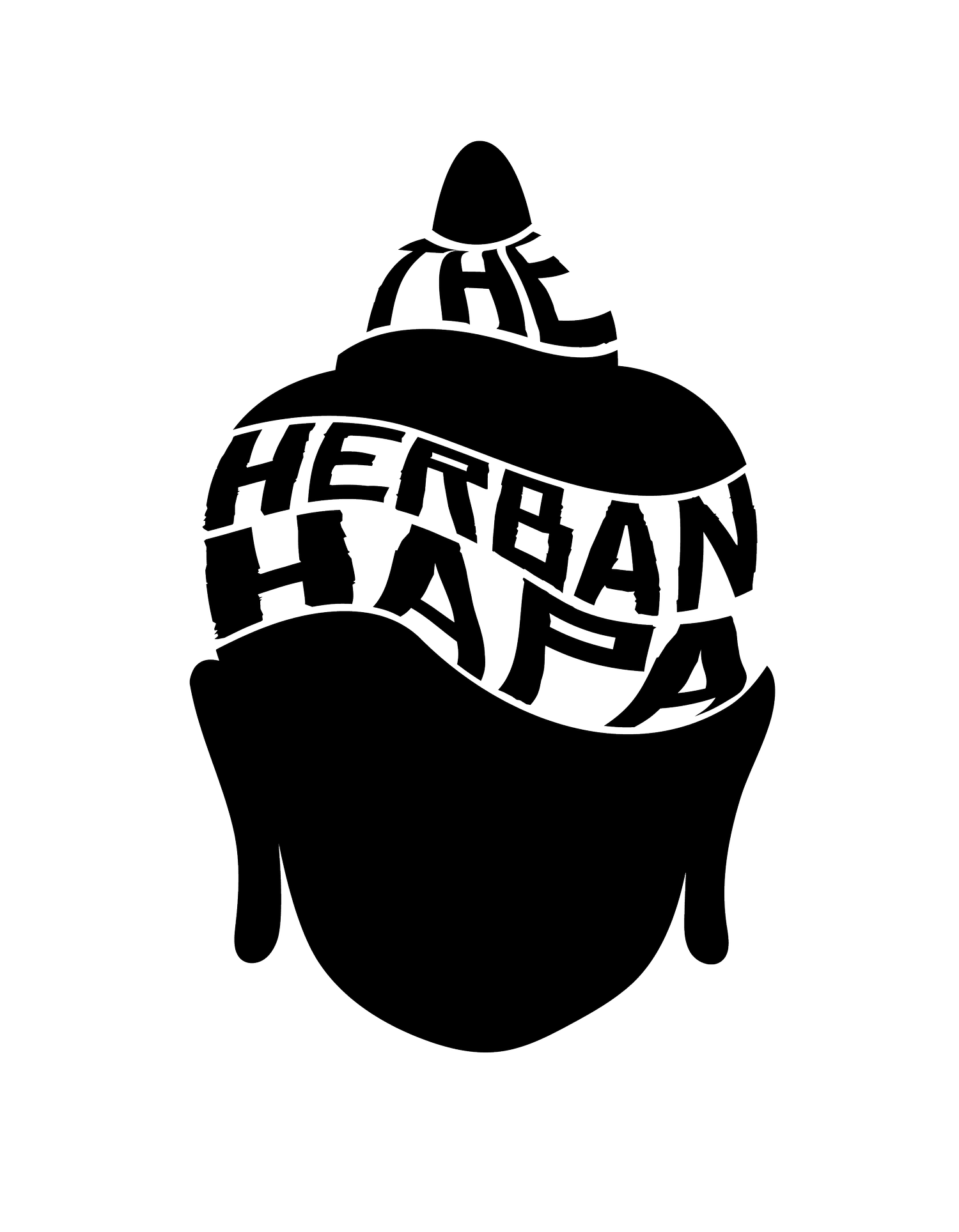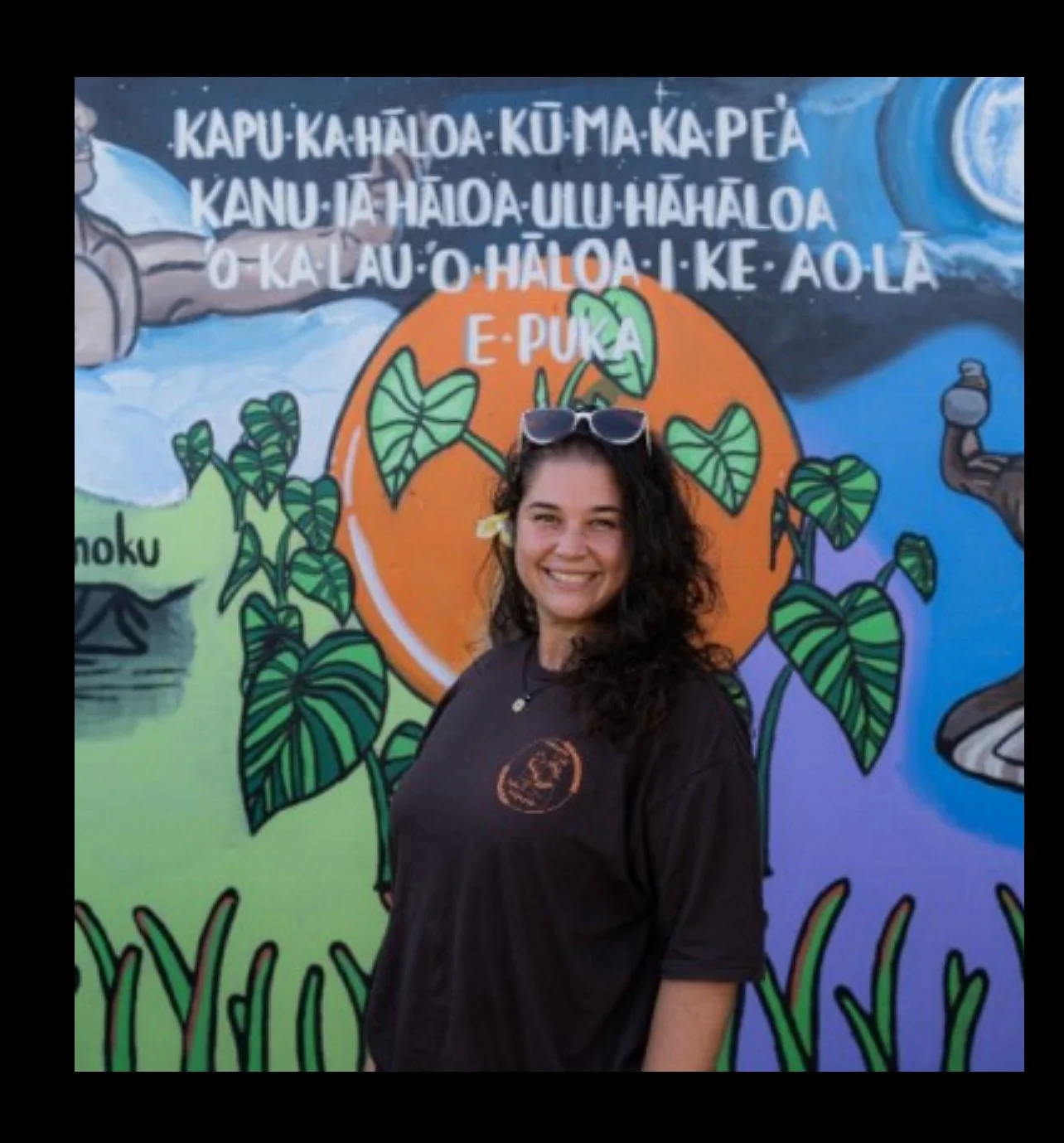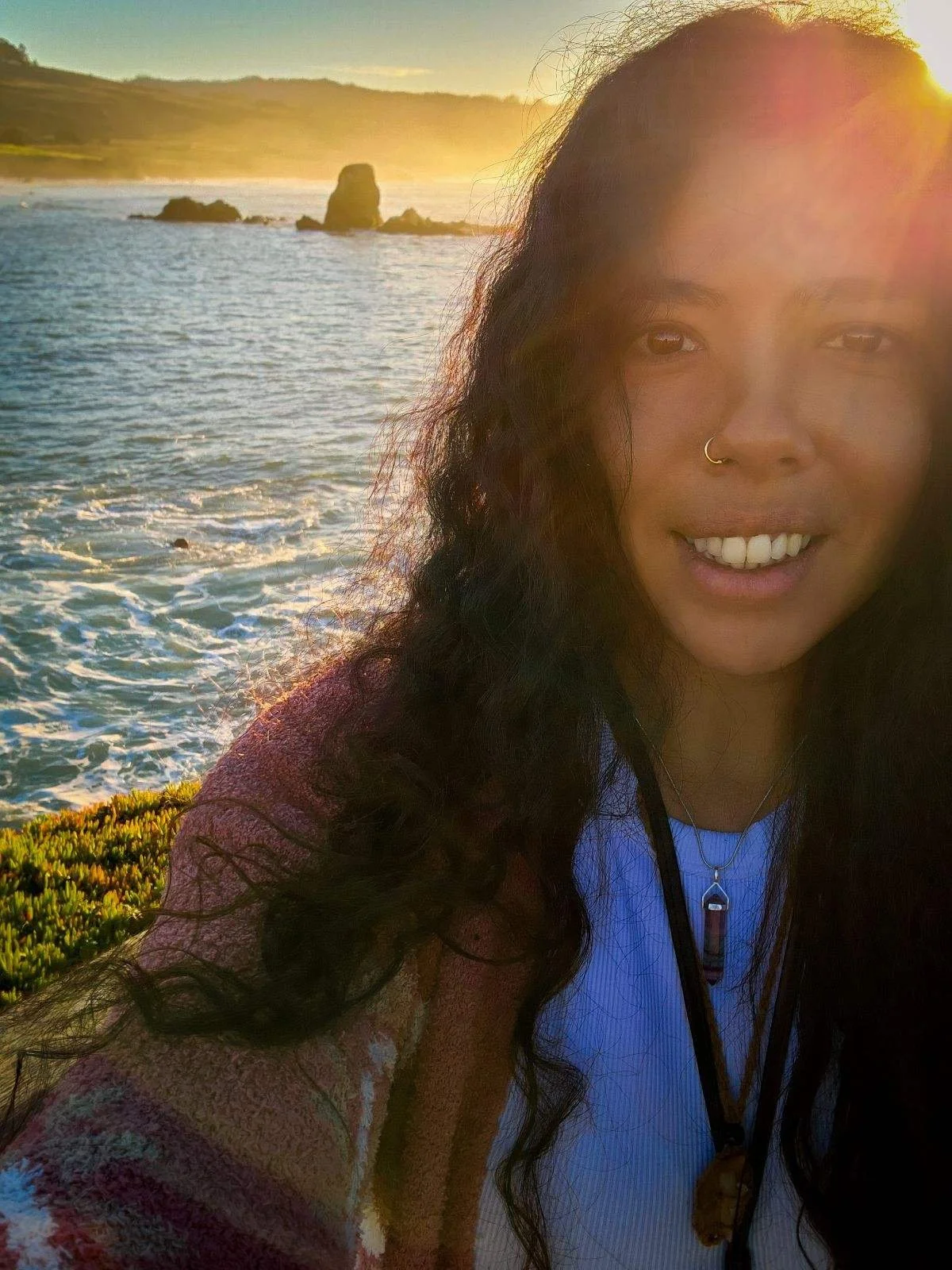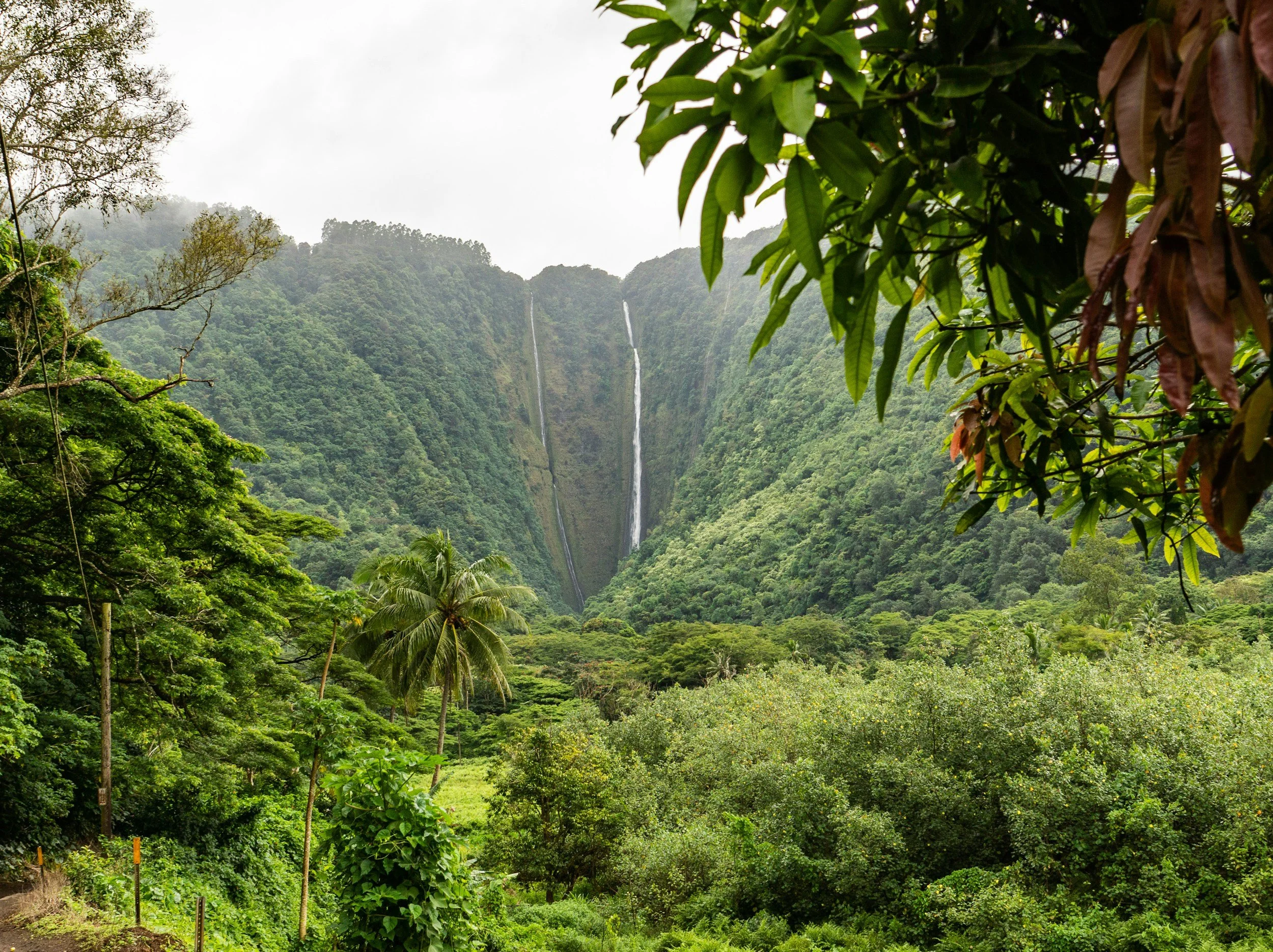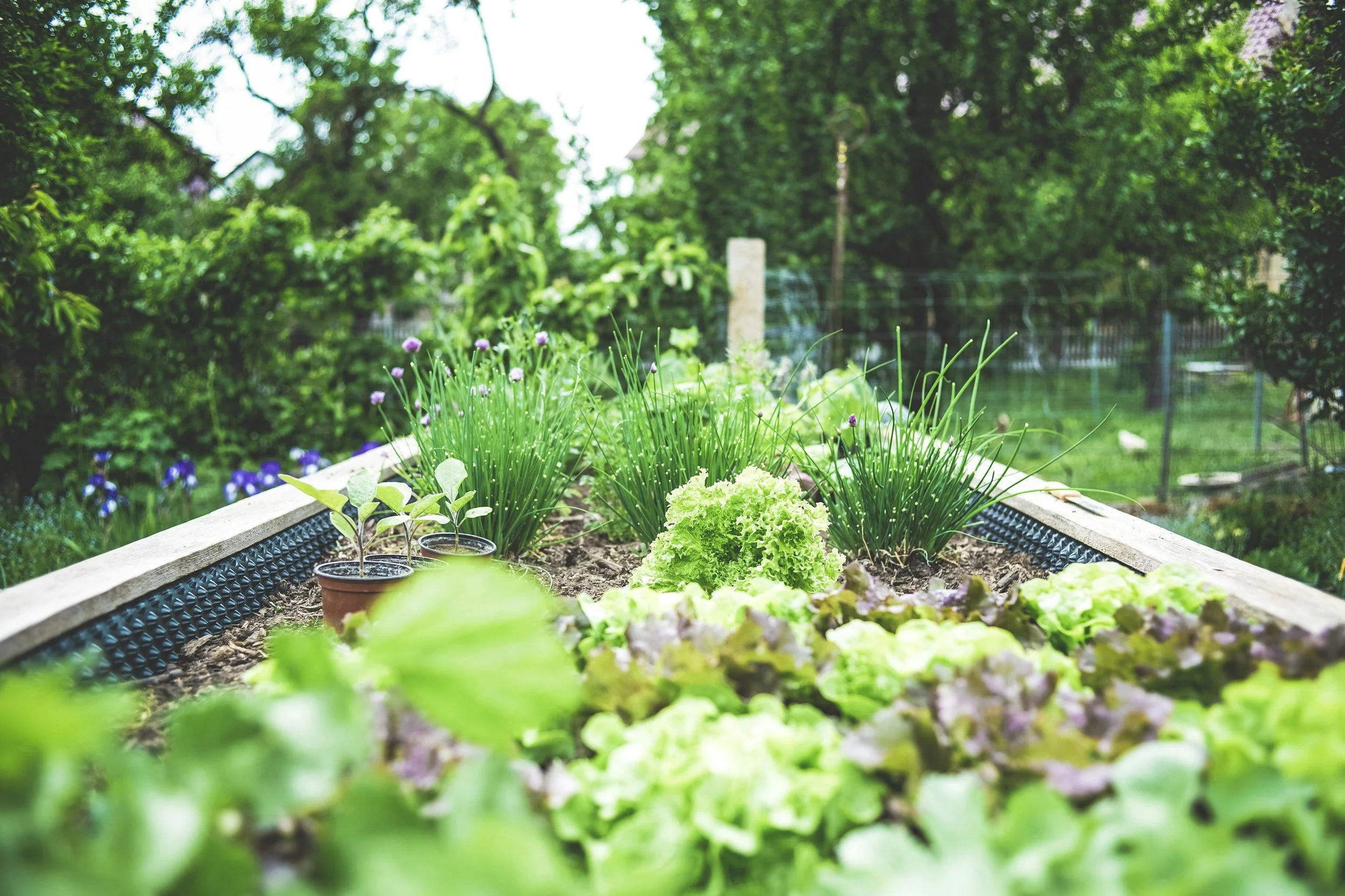
Our Story
Meet your herbalists
Miko & Rachael
Hi there!We crossed paths as two individuals with diverse backgrounds rooted in indigenous cultures with ties to Hawaii on a farm in Santa Cruz, California.
Bonding over our shared passion for blending cultures and savoring a good cup of tea, we found ourselves wondering why more people like us weren’t represented in the spaces we occupied. That moment sparked the creation of Herban Hapa.
Blending herbalism with social justice, we challenge colonial tea practices by promoting aloha, sustainability, and indigeneity through our wagashi bites, women-led farm, and herbal offerings.Tied to Our Roots
〰️
Tied to Our Roots 〰️
What is an Herban Hapa?
The term "Hapa" originated from the boarding schools of European missionaries in the 1800s to refer to the emerging population of "part" or "half" Hawaiians, akin to the "Mulatto" or "Creole" descriptions on the mainland. As the 1900s saw an influx of Filipino, Japanese, Korean and Chinese immigrants to Hawaii through the plantation systems. Today, we believe the term socially evolved to encompass all "mixed Hawaiian people" local to the Hawaiian islands that are part indigenous and part European. With Rachael having kanaka oiwi roots in Kona with Filipino and Irish sprinkles and Miko being a fourth generation Okinawan-Ainu plantation descendent with Yoruba, Levantine and Irish sprinkles, they are embracing their mixed heritage is a source of pride as they celebrate their complete identity. Much like tea, blending different energies together can create new and harmonious combinations. Together we are bringing generations of kama aina and kanaka oiwi together in each cup.
An Herban Hapa is someone who embodies the action of balancing energies through plants. By connecting with the ecological part of life we are embracing herban reality instead of consumer based capitalism.
